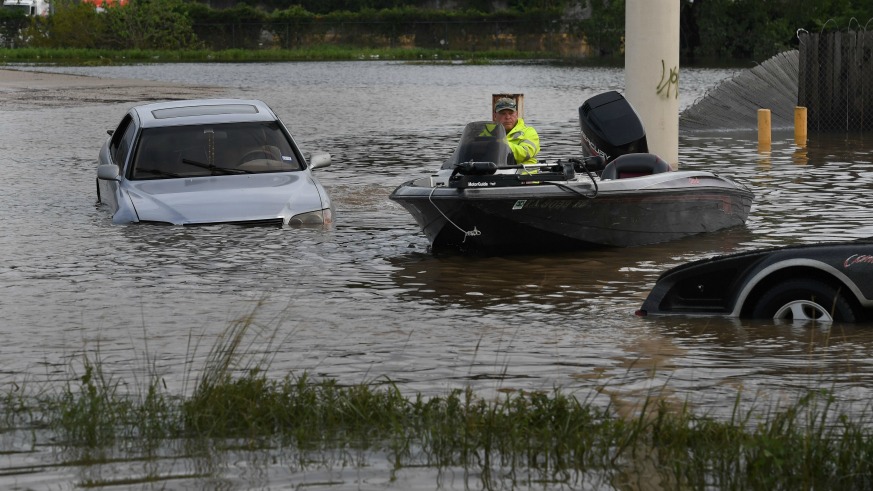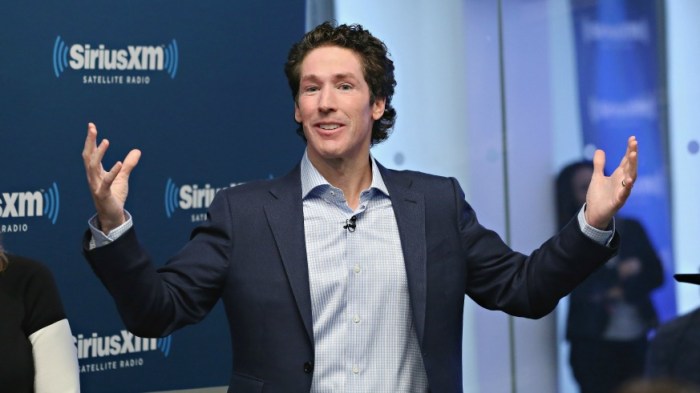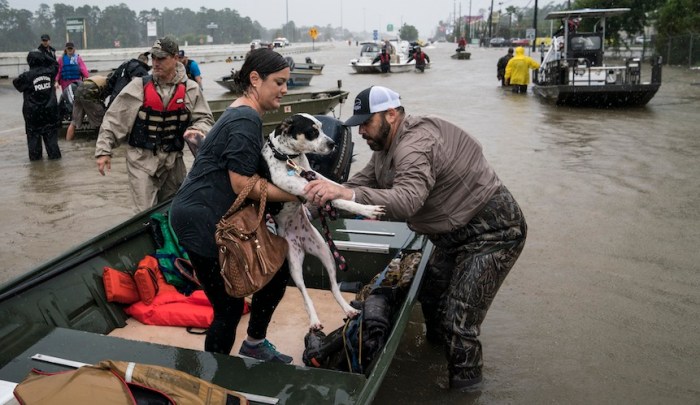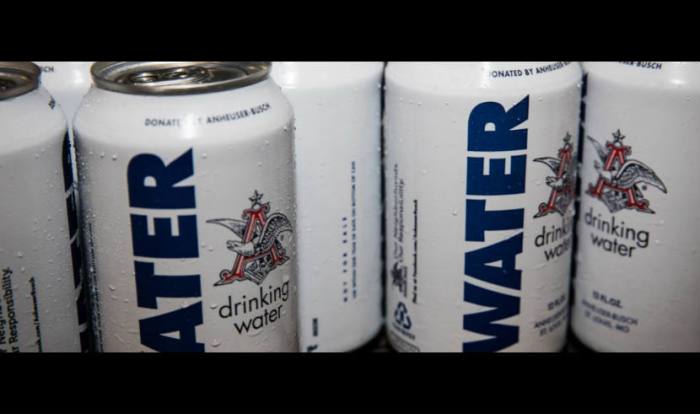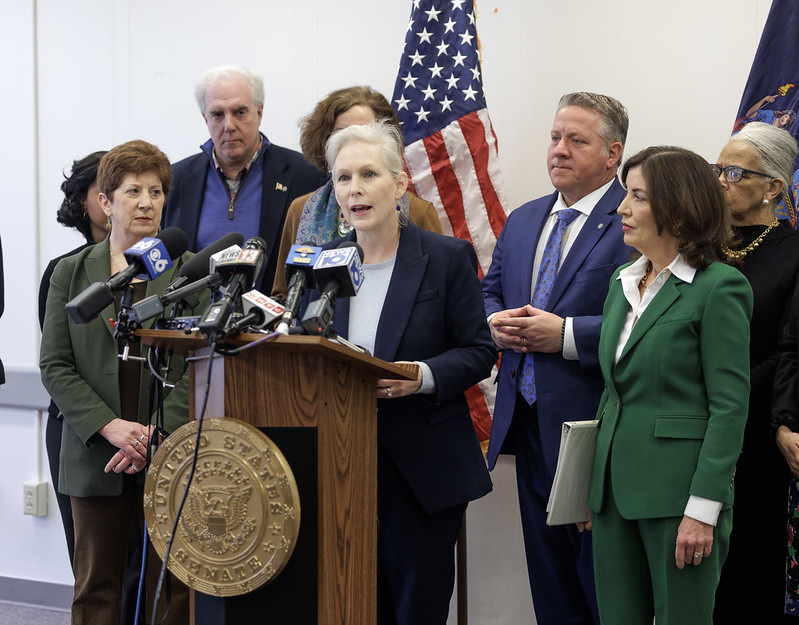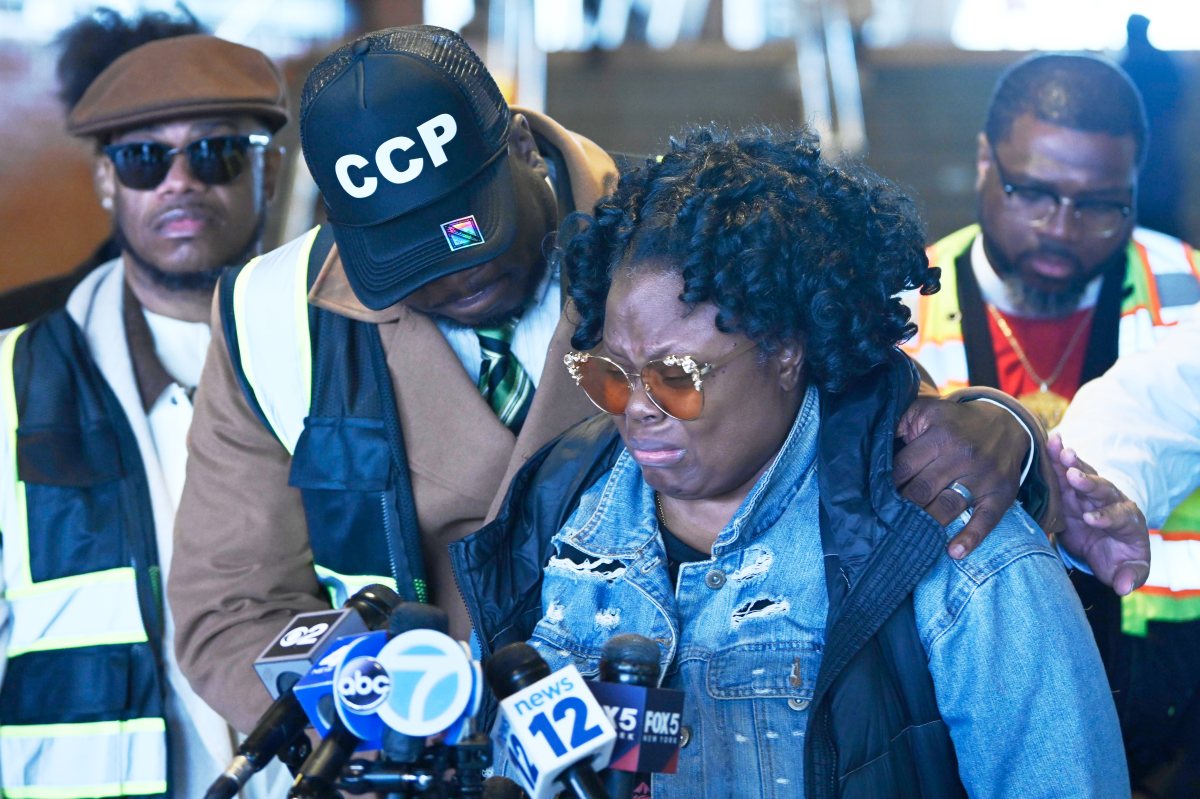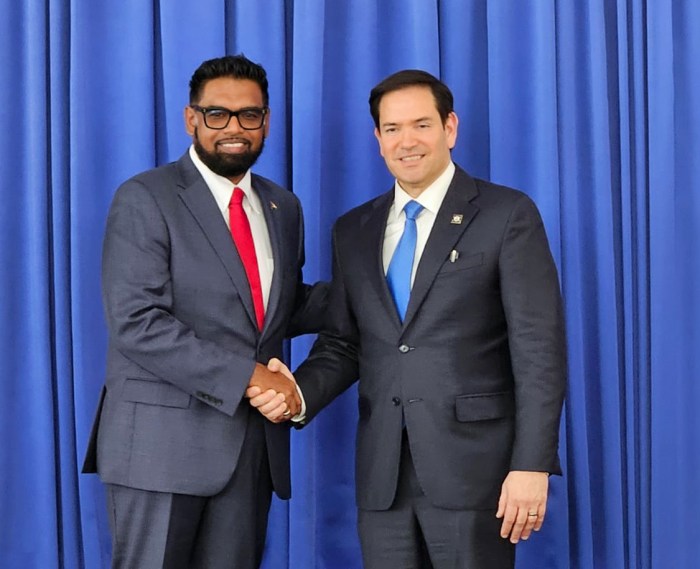The massive rainfall associated with Hurricane Harvey is “very likely” related to climate change, which increases the amount of moisture in the atmosphere, the United Nations weather agency said on Tuesday.
The storm is the most extreme rain event in U.S. history, dumping a record 50 inches of rain over Texas, killing 30 people, forcing more than 30,000 evacuations and bringing Houston, the nation’s fourth-largest city, to a standstill.
“Climate change means that when we do have an event like Harvey, the rainfall amounts are likely to be higher than they would have been otherwise,” said Clare Nullis, a spokesperson for the World Meteorological Organization, at a United Nations briefing in Geneva.
“Climate change does very likely increase the associated rainfall,” she said, adding that the National Weather Service had to introduce a new color on its maps to track the volume of rain.
Nullis said that climate change did not necessarily cause the hurricane to originate. “Climate change doesn’t cause tropical cyclones. They’ve always been there. The relationship between climate change and the frequency of hurricanes and tropical cyclones is not clear, there’s still a lot of research going on into that,” she said.
The Space Science and Engineering Center at the University of Wisconsin-Madison determined that many areas of Southeast Texas have received rain that is expected only once every 1,000 years (or a 0.1 percent probability of happening), assuming a stationary climate.
In June, President Trump pulled the United States out of the Paris Climate Agreement to worldwide condemnation. Just weeks ago, he rolled back an Obama-era program requiring new government-funded infrastructure to be built to withstand the effects of climate change, such as ensuring roads were built on ground safe from flood waters. Trump claimed the regulations would delay the permit-granting process.

